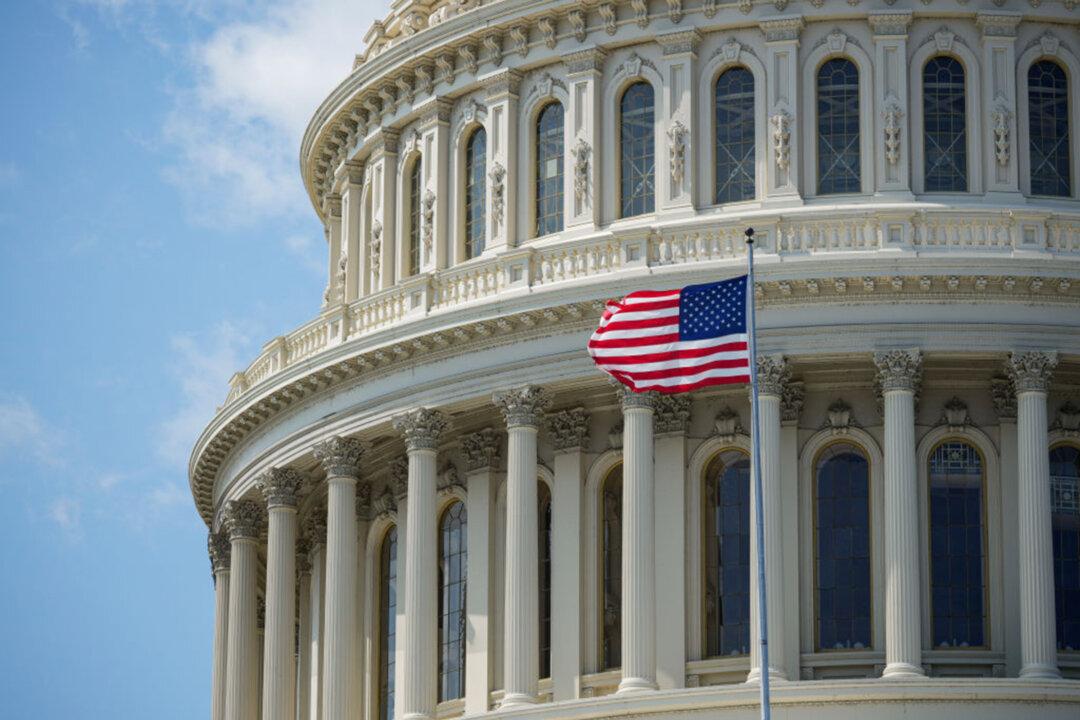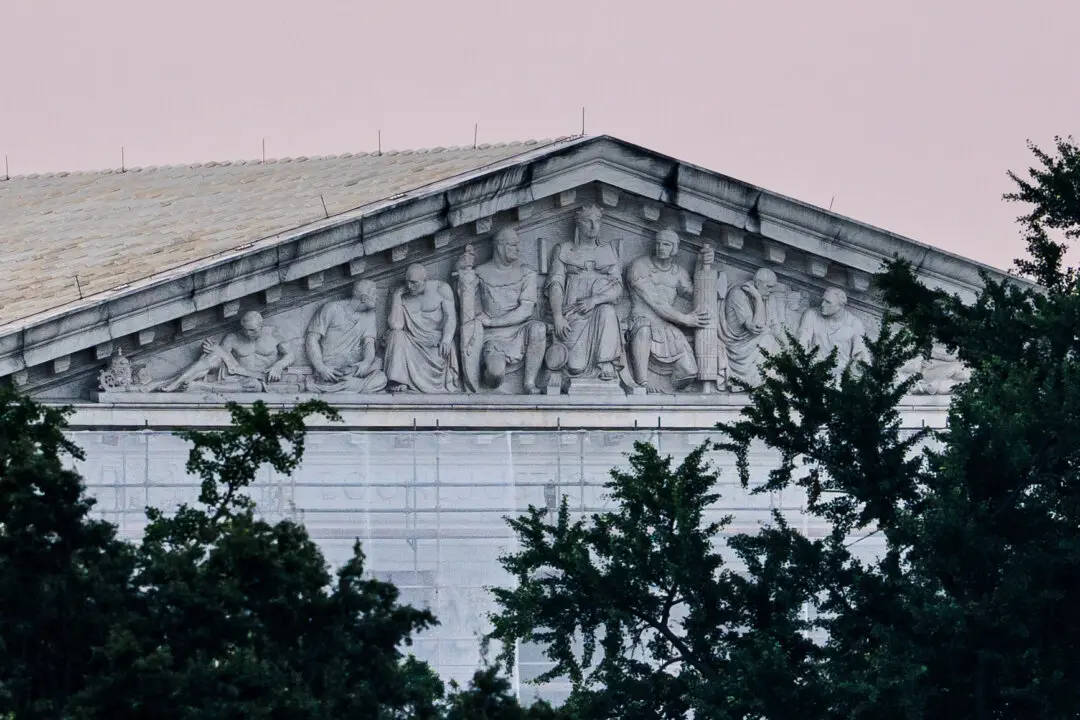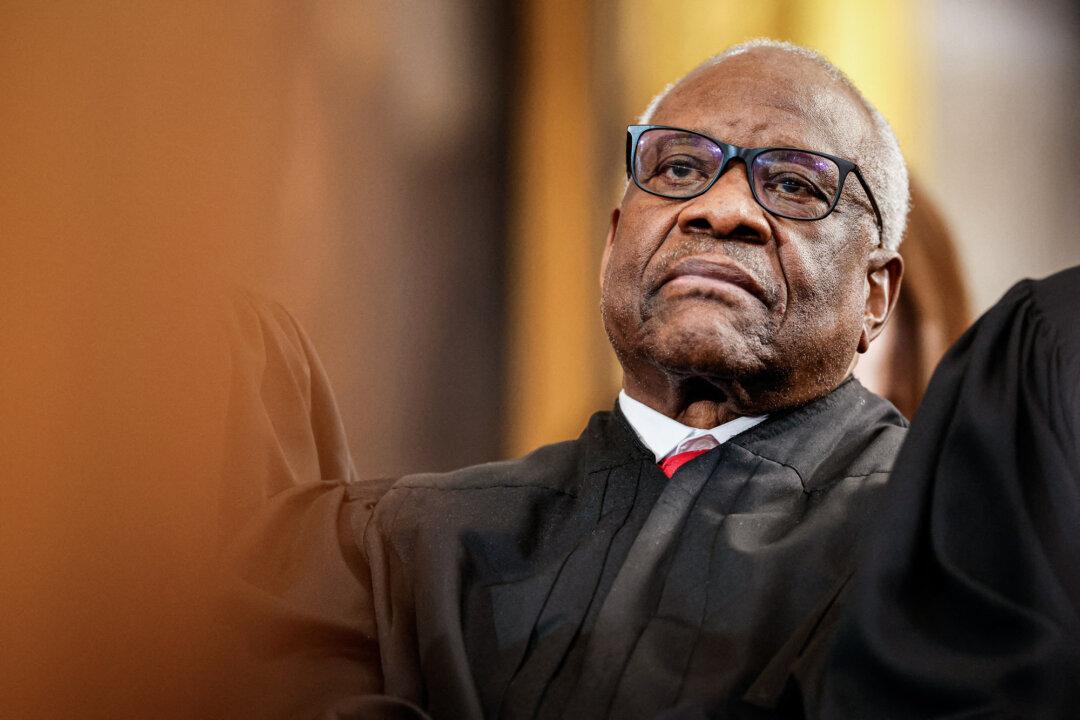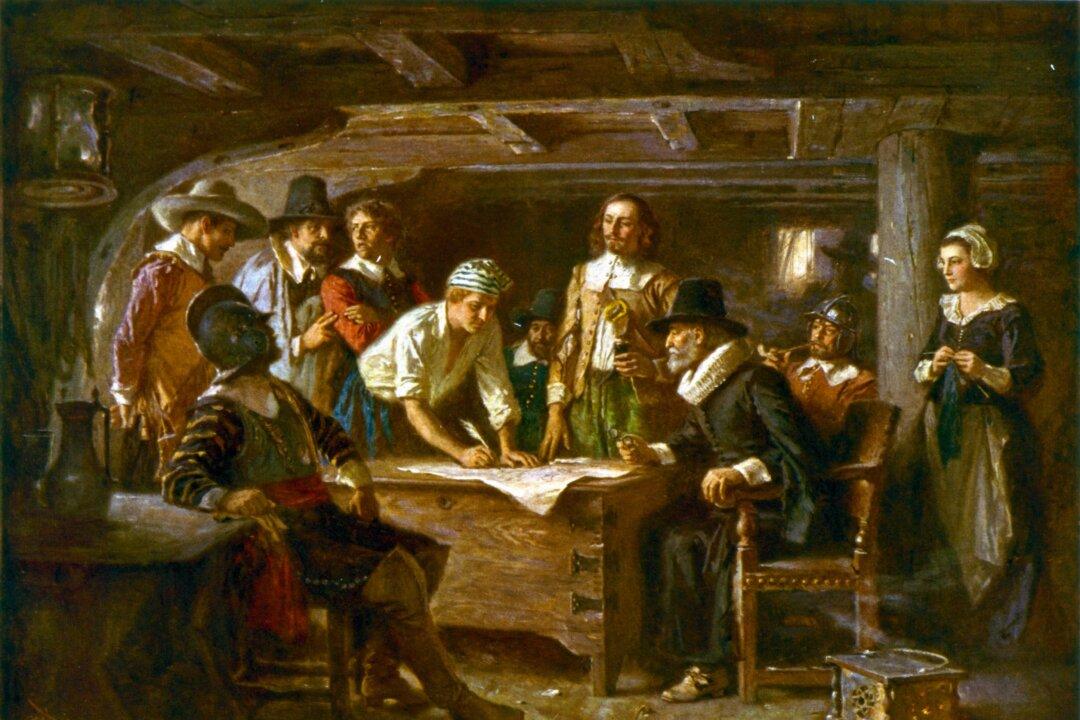Commentary
In 2026, just two years away, America will be celebrating its 250th anniversary. As we sit on the cusp of that momentous moment, we’re witnessing a nation that’s hopelessly divided as our national fabric continues to fray—turning us against one another rather than uniting us in the common bond of liberty bequeathed to us by our Founding Fathers.





